Implementing the Youth Month plan in 2025, on March 28, the Propaganda Department of the Ho Chi Minh National Academy of Politics Youth Union coordinated with the Research-Teaching Block to organize a scientific seminar with the topic "AI in teaching and research in Vietnam today".
 |
Scene of the discussion. (Photo: VAN TOAN) |
Attending the seminar were Associate Professor, Dr. Nguyen Duc Minh, Vice Principal of the School of Electrical and Electronics Engineering, Hanoi University of Science and Technology; Comrade Dinh Trung Son, Deputy Secretary of the Youth Union of Ho Chi Minh National Academy of Politics; and many cadres, lecturers, and youth union members in the entire academy system.
The speakers at the seminar were two experts from AI Hay company, Dr. Nguyen Tho Chuong - Director of Technology and Mr. Nguyen Hoang Hiep - Director of Operations.
AI Hay is a search and data analysis tool using artificial intelligence (AI) developed entirely by a team of Vietnamese engineers, with the goal of creating a product “AI by Vietnamese - for Vietnamese”. After nearly 4 years of development, this application has more than 15 million users, of which more than half are students.
Sharing about the potential of applying generative AI in research and teaching, Mr. Nguyen Hoang Hiep, Director of AI Hay Operations, said that generative AI can support the construction of lectures; create learning content (audio videos, texts, etc.) and homework, tests; automate administrative tasks, analyze student data, etc. At the same time, it effectively supports summarizing and comparing documents; forming ideas and building hypotheses; analyzing and interpreting data; supporting writing research papers, etc.
 |
Mr. Nguyen Hoang Hiep, Director of Operations at AI Hay, speaks. (Photo: VAN TOAN) |
However, the representative of AI Hay also noted some major problems when using foreign AI tools, such as data security; lack of locality, not pure Vietnamese, language barriers; default knowledge of these models may not be suitable for Vietnam; lack of content filters specific to culture or policy; unable to control information sources when responding to results; platform instability, regulations can change at any time...
“Currently, the applications we often use do not allow Vietnamese people to be self-sufficient in technical platforms, data, culture, and information sources. In addition, we cannot use Vietnamese well in advanced reasoning models,” said Mr. Nguyen Hoang Hiep.
He noted that generative AI is a mechanism that predicts the next token (word), which is suitable for tasks such as extended summarization and reproducing old knowledge. However, caution should be taken when using generative AI for tasks that require objectivity, emotion, and real-world observation.
Using non-Vietnamese AI in research and teaching in Vietnam may have disadvantages in terms of language, culture and content..., so it is necessary to promote the construction of separate large language models from open models for practical application, especially in education.
 |
Associate Professor, Dr. Nguyen Duc Minh, Vice Principal of the School of Electrical and Electronics Engineering, Hanoi University of Science and Technology, shared at the seminar. (Photo: VAN TOAN) |
Agreeing with this view, Associate Professor, Dr. Nguyen Duc Minh, Vice Principal of the School of Electrical and Electronics, Hanoi University of Science and Technology, also said that using a non-Vietnamese AI in teaching and research is an extremely big problem.
According to him, artificial intelligence technology is developing at a dizzying speed and is being applied more and more widely in daily life, putting Vietnam at great risk of losing sovereignty in the cultural and social fields.
“AI trained from people’s data will speak in their own voice. Especially for those working in the field of political theory, the story of holding the “voice of Vietnam” is extremely important, if not mastered, the copyright will be lost,” Associate Professor, Dr. Nguyen Duc Minh noted.
Another issue this expert mentioned is the ethical issue when using AI in research, learning, and teaching. The question is whether the content created is a product of the user's thinking or a product of the AI's thinking, this separation is very important.
 |
Dr. Nguyen Tho Chuong, Director of AI Hay Technology shared. (Photo: VAN TOAN) |
Talking about the challenges of applying AI, Dr. Nguyen Tho Chuong, Director of AI Hay Technology, said that it is very difficult to verify the quality and origin of the content that AI provides, as well as the transparency and selection of information that is consistent with the country's development orientation. On the other hand, AI often collects and processes large amounts of personal data of users, which poses great challenges in terms of security and privacy.
To solve the above problems, the AI Hay application was developed with the ability to process natural language in Vietnamese accurately, integrate real-time data from accurate sources and provide diverse learning support tools.
The highlight of AI Hay is that it has a set of authentic information sources that are suitable for Vietnamese culture and can output highly reliable answers. To solve the problem of "AI illusion" (AI creates new information, information that is not real), AI Hay has filters that make the information clean and reliable.
“Which consistent source does this information come from, are the sources contradictory, is this answer appropriate to the context? These are the layers of logic that AI Hay offers to expect that when there is an answer, the answer must come from an authentic source, must be cited from those sources,” said Dr. Nguyen Tho Chuong.
Discussing the application of AI Hay in teaching and learning, Dr. Nguyen Tho Chuong said that AI Hay helps the process of preparing lessons and information easier and more intuitive for learners, systematizing their knowledge in the form of mindmaps; providing a summary of the lesson, each piece of information provided has a specific source attached; designing lectures on demand...
 |
Comrade Dinh Trung Son, Deputy Secretary of the Youth Union of Ho Chi Minh National Academy of Politics, spoke at the seminar. (Photo: VAN TOAN) |
Agreeing that AI can help suggest ideas, however, some delegates said that in scientific research, the important thing is not only the idea but also the novelty. AI does not necessarily bring novelty to scientific research, it is the user who must develop the idea into novelty to create value for the topic.
Delegates emphasized the need to master AI, and consider AI only as a supporting tool and not completely depend on it. In particular, in teaching political theory, caution must be exercised when using AI. If we depend on AI and produce unverified results, it is very dangerous in terms of speech.
At the seminar, experts, speakers and delegates exchanged and discussed how to apply AI in lesson preparation, document search, lecture design, and conveying teaching content to learners; which AI applications can serve the purpose of generating ideas, outlines, and reviewing duplication of a scientific task; copyright and intellectual property issues related to products created from AI; how to query so that the information provided is closest to the content that users want to search for...
Source: https://nhandan.vn/thuc-day-ung-dung-ai-thuan-viet-trong-giang-day-hoc-tap-va-nghien-cuu-post868312.html



![[Photo] President Luong Cuong and King Philippe of Belgium visit Thang Long Imperial Citadel](https://vstatic.vietnam.vn/vietnam/resource/IMAGE/2025/4/1/cb080a6652f84a1291edc3d2ee50f631)
![[Photo] Close-up of Vietnam's sniffer dog team searching for earthquake victims in Myanmar](https://vstatic.vietnam.vn/vietnam/resource/IMAGE/2025/4/1/d4949a0510ba40af93a15359b5450df2)
![[Photo] Prime Minister Pham Minh Chinh meets with King Philippe of Belgium](https://vstatic.vietnam.vn/vietnam/resource/IMAGE/2025/4/1/be2f9ad3b17843b9b8f8dee6f2d227e7)
![[Photo] General Secretary To Lam receives King Philippe of Belgium](https://vstatic.vietnam.vn/vietnam/resource/IMAGE/2025/4/1/e5963137a0c9428dabb93bdb34b86d7c)

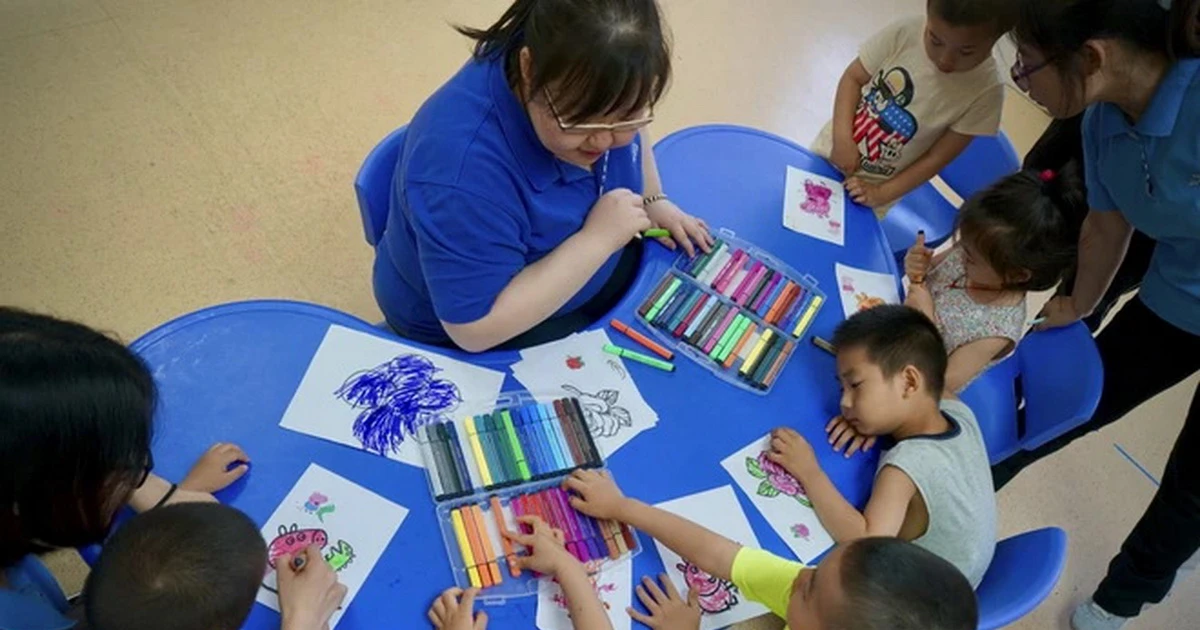
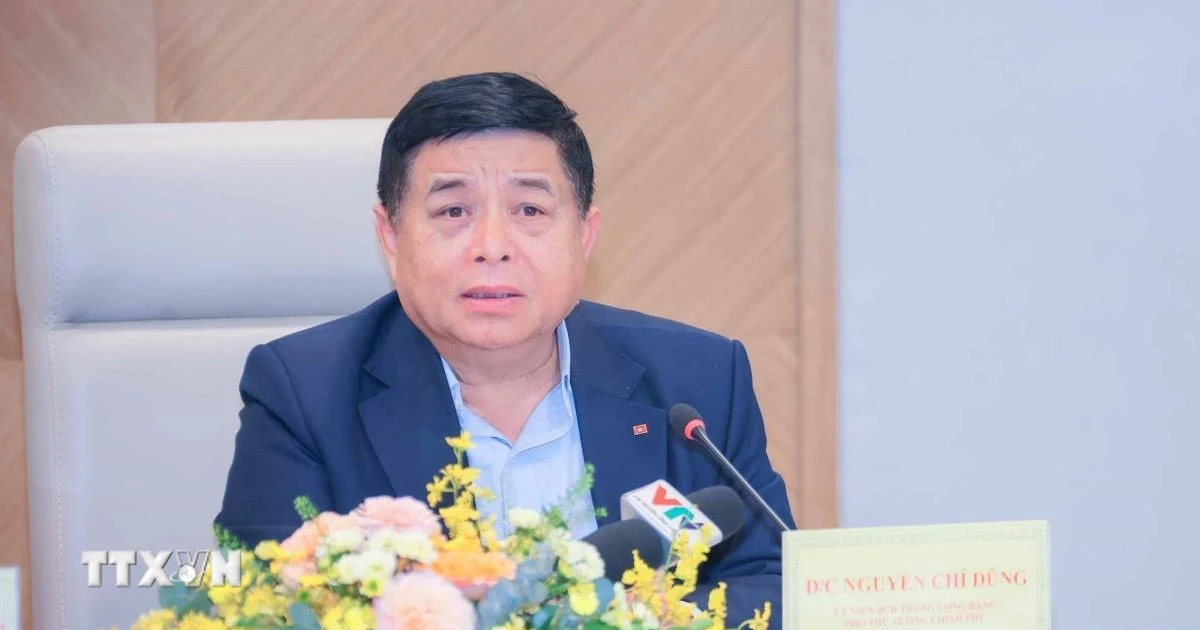
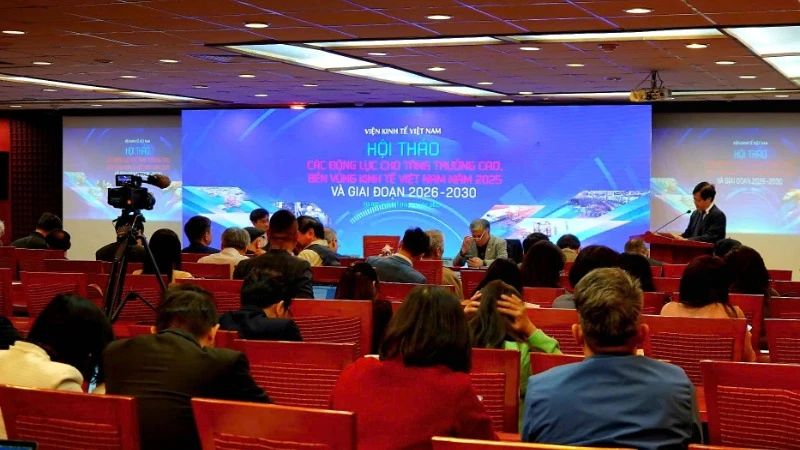
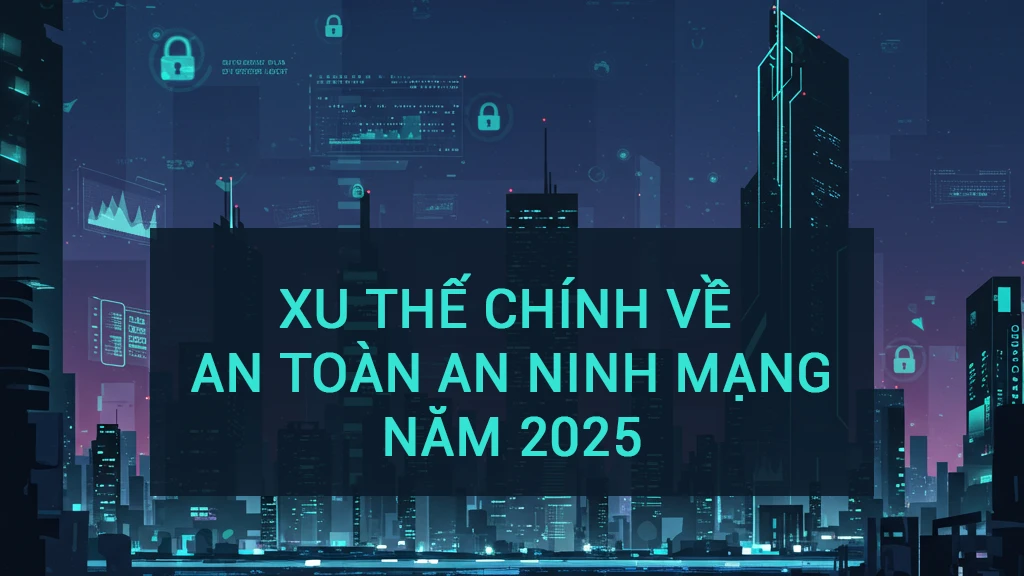









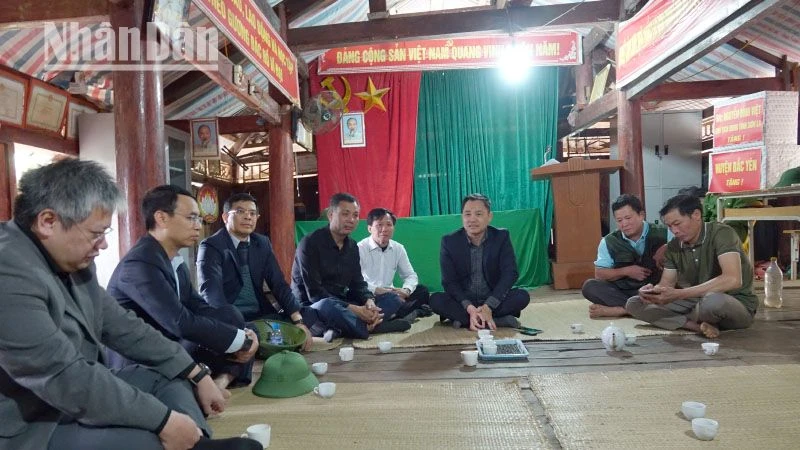
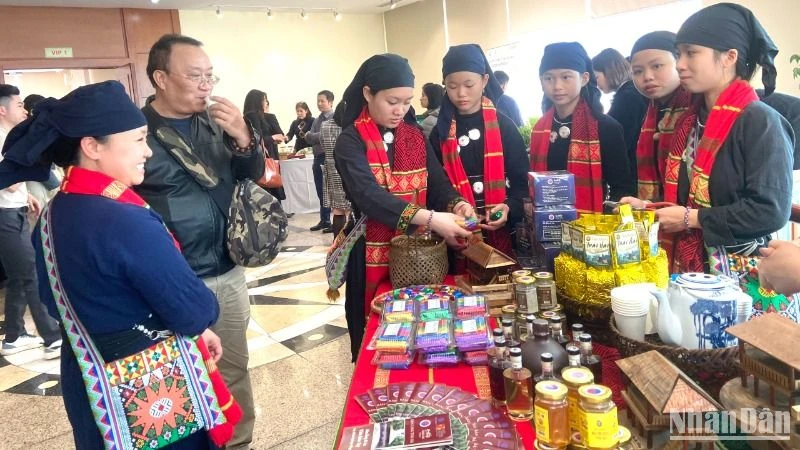

![[Photo] Myanmar's capital in disarray after the great earthquake](https://vstatic.vietnam.vn/vietnam/resource/IMAGE/2025/4/1/7719e43b61ba40f3ac17f5c3c1f03720)











































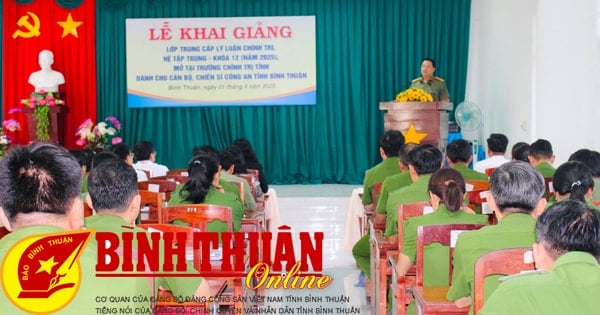

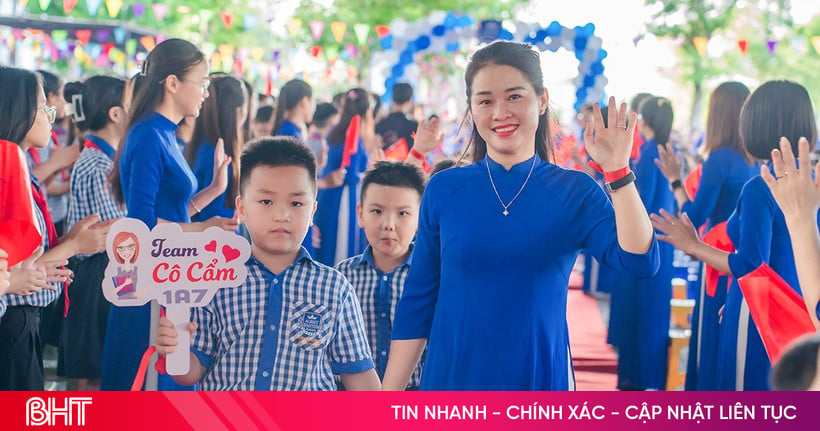
















Comment (0)